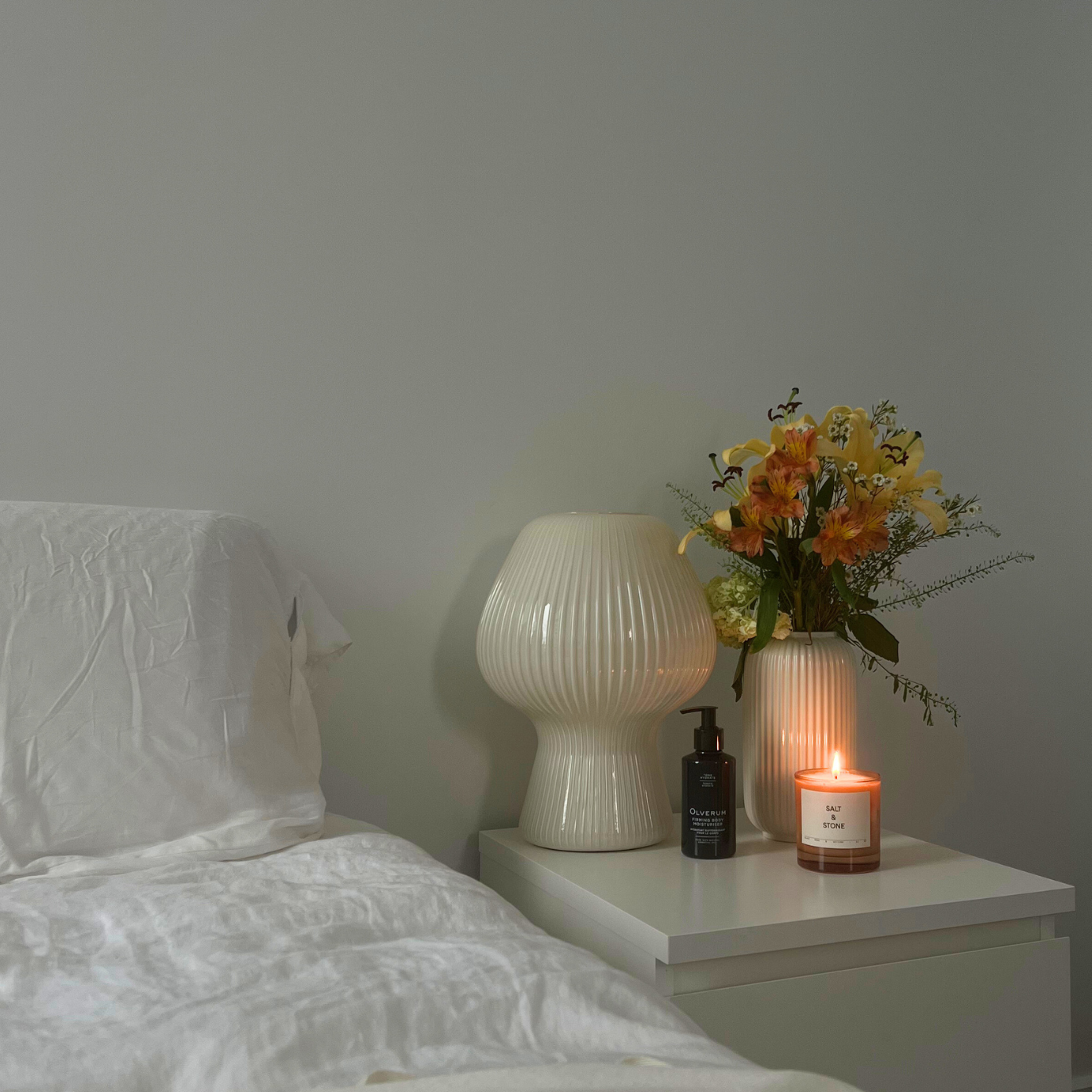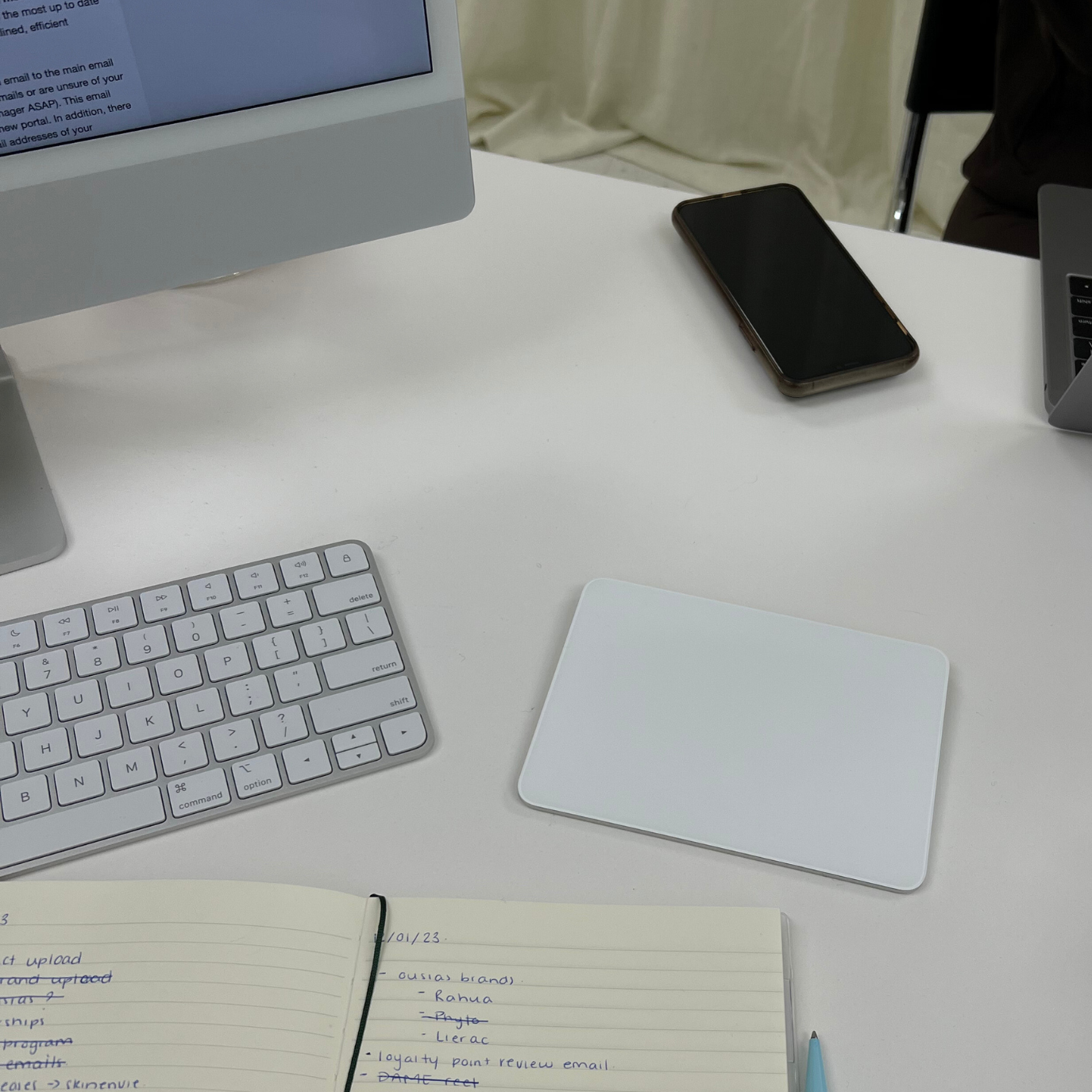
Sleep Wars: Who Needs More – Women or Men?
We’ve all heard it somewhere… maybe from a friend, during a late-night scroll, or even from your partner who insists you’re the “sleepy one.” The rumour goes that women need more sleep than men. But is it really true, or just one of those catchy wellness headlines meant to keep us clicking?
Sleep science often humbles us. Just when we believe we’ve understood our eight hours, new research guides us in a slightly different direction. And indeed, scientists have examined this very question. The brief answer: women may require a bit more sleep than men, but not for the reasons you might assume.
The numbers game (it’s minutes, not hours): First, let’s clear one thing up. Women don’t need an extra half night’s sleep. Studies show that the difference is minimal, ranging from 6 to 28 minutes more per night. One often-cited estimate is around 20 minutes (Discover Magazine). That’s barely enough time for a podcast episode or to make coffee in the morning. So yes, women might sleep a bit longer, but the real story isn’t about the clock; it’s about sleep quality and life circumstances.
Hormones, the rollercoaster factor: Women’s biology is full of cycles. Menstruation, pregnancy, perimenopause, and menopause all cause hormonal fluctuations that influence sleep. Think restless nights, hot flashes, or that well-known pre-period insomnia. Over time, these disruptions accumulate. Even if the total hours seem sufficient, the quality of sleep might not be. That’s why some experts say women need slightly more sleep to compensate for the biological disruptions (Cleveland Clinic).
Quality versus quantity: Here’s where it gets interesting. Women often report sleeping longer than men, yet also feeling more tired. Why? Their sleep tends to be lighter and more fragmented, especially during certain life stages. Caregiving also plays a role. Middle-of-the-night feedings, toddler nightmares, or even a partner’s snoring can cause women’s sleep to be filled with micro-awakenings. That means women aren’t exactly enjoying extra rest; they’re often making up for a bumpy night.
The busy brain theory: Another perspective scientists examine is brain activity. Some studies suggest that women’s brains may exhibit higher levels of daytime activity, including multitasking, emotional processing, and managing mental lists. This extra brain activity might increase the need for recovery time during sleep (Adelaide Now). It’s not a perfect theory, but it resonates with anyone who’s ever tried to plan tomorrow’s dinner, respond to an email, and remember Aunt Kim’s birthday all while brushing their teeth.
Same recommendations, different realities: Here’s the bottom line - official guidelines don’t distinguish sleep needs by gender. The National Sleep Foundation recommends 7 to 9 hours per night for adults (Sleep Foundation). The human body is far too individual to say all women need more sleep than all men. But real life tells us otherwise. Hormones, caregiving responsibilities, and higher rates of insomnia mean many women struggle more to get good rest. In that sense, “women need more sleep” is less about biology and more about reality.
The social aspect of sleep: We can’t overlook lifestyle. Surveys indicate that women are more likely to take on caregiving and household chores, often at the expense of their rest. The phrase “second shift” wasn’t created without reason. While science can attribute this to hormones or multitasking brains, sometimes the simplest explanation is this: women are more fatigued because they’re doing more (Calm Blog).
Busting the myth: So is the rumour true? Yes, but with caveats. Women may need a tiny bit more sleep, but the real issue is that their rest is often less restorative. If women seem sleepier, it’s usually because their nights are disrupted, their days are stretched, and their biology occasionally throws them a curveball. In other words, it’s not a weakness. It’s science, hormones, and life.
Key takeaway for everyone: Instead of obsessing over whether women need more sleep than men, the smarter lesson is this… most people aren’t getting enough quality sleep overall. If you’re aiming for seven to nine hours but wake up feeling groggy, focus on consistency, sleep hygiene, and addressing disruptions rather than obsessing over the exact number of minutes.
Whether you’re a man or a woman, good sleep is essential for health, mood, and longevity. And if you require that extra twenty minutes? Take it without guilt. Science supports your choice.
Until next time,
Beate
References










Leave a comment